Entry Category: Law - Starting with L
Lacey, Nathan (Lynching of)
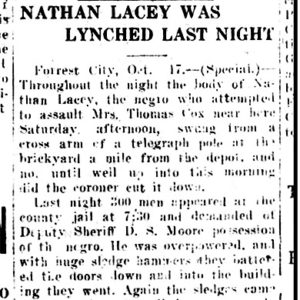 Nathan Lacey Lynching Article
Nathan Lacey Lynching Article
Lacy, Thomas J.
Lake View School District No. 25 v. Huckabee
Laman v. McCord
aka: W. F. Laman, et al. v. Robert S. McCord, et al.
Lamb, Theodore Lafayette
Lambert, Joseph Calvin (Joe)
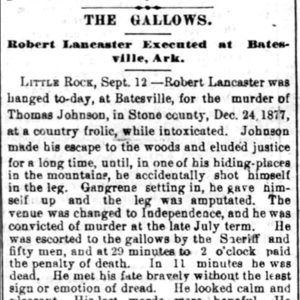 Lancaster Execution Story
Lancaster Execution Story
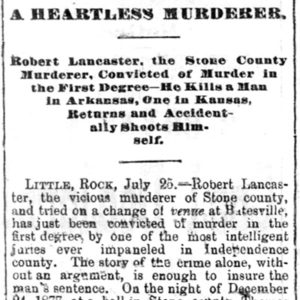 Lancaster Execution Story
Lancaster Execution Story
Lancaster, Robert (Execution of)
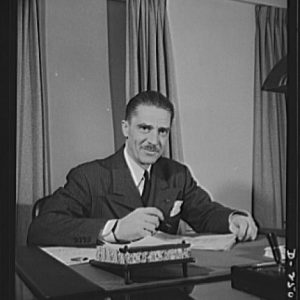 Reed Gresham Landis
Reed Gresham Landis
 Reed Gresham Landis
Reed Gresham Landis
Landlord-Tenant Laws
Lane, Frank (Lynching of)
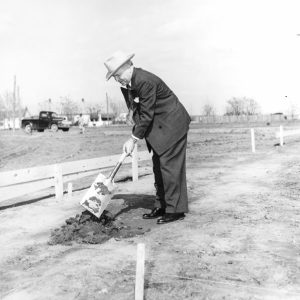 Benjamin Laney
Benjamin Laney
Larkin, Hill (Lynching of)
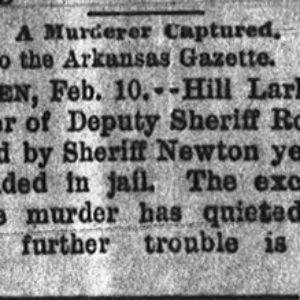 Hill Larkin Lynching Article
Hill Larkin Lynching Article
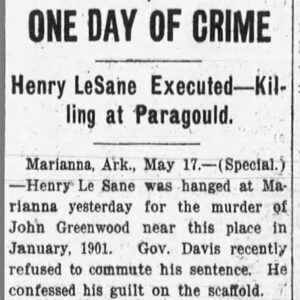 Henry LaSane Execution Article
Henry LaSane Execution Article
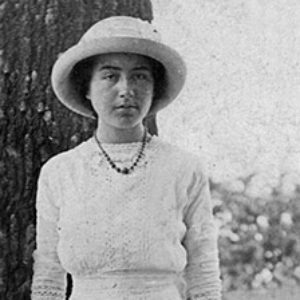 Effie Latimer
Effie Latimer
Lavey, John Thomas “Jack”
Lavy, Thomas Lewis
Law
LEARNS Act
aka: Act 237 of 2023
Lebow (Lynching of)
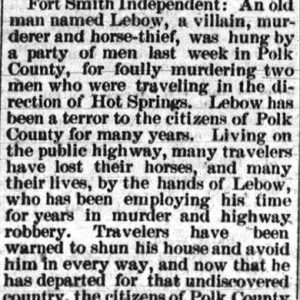 Lebow Lynching Article
Lebow Lynching Article
Lee County Executions of 1881
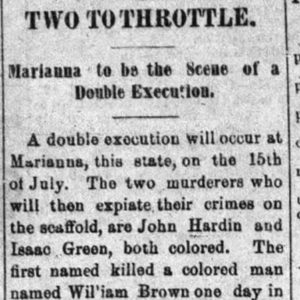 Lee County Executions of 1881
Lee County Executions of 1881
Lee, Daniel Lewis (Execution of)
 Leflar and Pryor
Leflar and Pryor
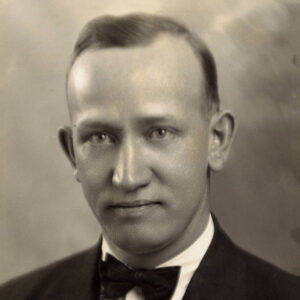 Robert A. Leflar
Robert A. Leflar
Leflar, Robert Allen
LeSane, Henry (Execution of)
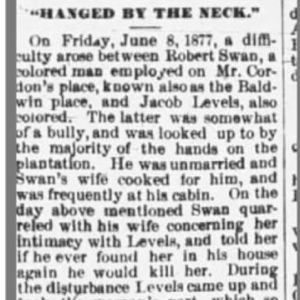 Levels Execution Story
Levels Execution Story
Levels, Jacob (Execution of)
Levine, Sam M.
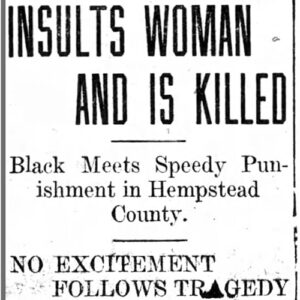 Charles Lewis Lynching Article
Charles Lewis Lynching Article
Lewis, David S. (Execution of)
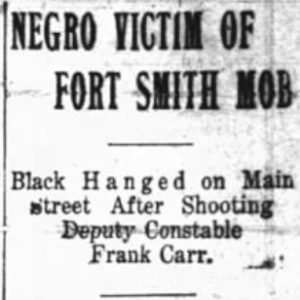 Lewis Lynching Article
Lewis Lynching Article
Lewis, Sanford (Lynching of)
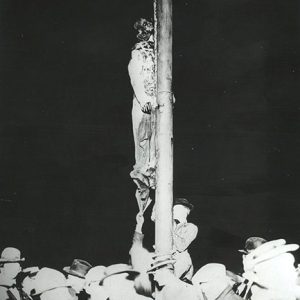 Sanford Lewis Lynching
Sanford Lewis Lynching
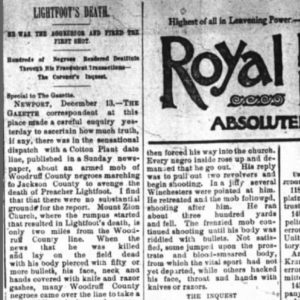 Lightfoot Lynching Article
Lightfoot Lynching Article
Lightfoot, G. P. F. (Lynching of)
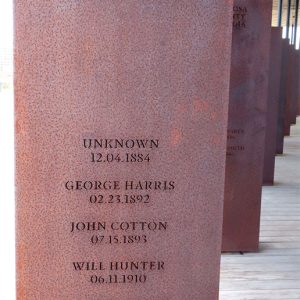 Lincoln County Lynching
Lincoln County Lynching
 Blanche Lincoln
Blanche Lincoln
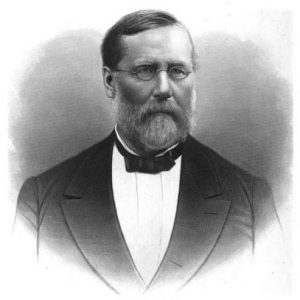 Timothy Lincoln
Timothy Lincoln
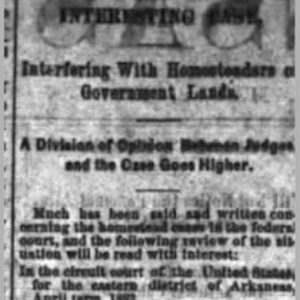 Lindsay Lawsuit Article
Lindsay Lawsuit Article
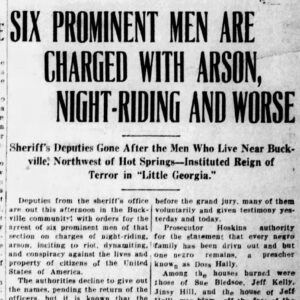 Little Georgia Incidents Article
Little Georgia Incidents Article
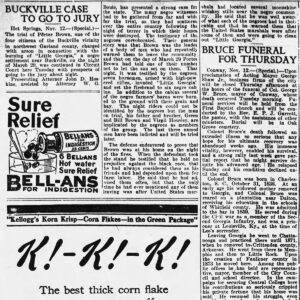 Little Georgia Incidents Article
Little Georgia Incidents Article
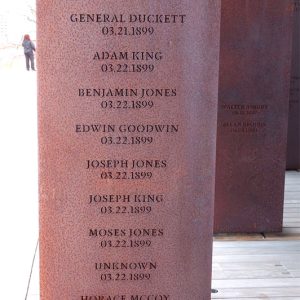 Little River County Lynching
Little River County Lynching




